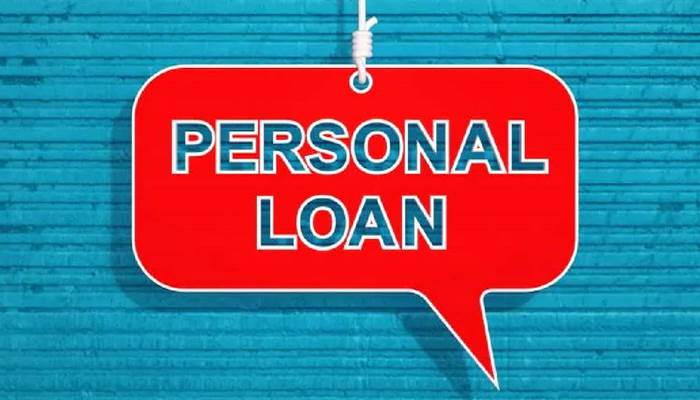
Get personal loans of up to Rs. 50 lakh at lowest personal loan interest rate, starting at 8.25% p.a. with flexible tenures of up to 8 years. The process to apply for a personal loan is extremely simple and hassle-free and can be done through both online and offline channels.
Personal Loan Details:
[table id=6 /]
Compare the Lowest Personal Loan Interest Rates of 30 Banks:
[table id=9 /]
How to Get Lowest Interest Rate on Personal Loan?
If you are looking to apply for a personal loan at lowest interest rate, here are top 5 tips that will help you avail a cheapest rate of interest:
- Improve Your Credit Score: A high credit score indicates that you are creditworthy. Banks and financial institutions offers lowest personal loan interest rates to applicants who have a high credit score. Thus, you should check your credit score before applying for a personal loan. If your credit score is lesser than 750, you should look for ways to improve it. There are more chances of you getting a personal loan at a low interest if your credit score is over 750.
- Avoid Missing Repayments: If you miss a loan or credit card repayment, your credit score may be adversely affected. Loan providers usually take your repayment history into account before deciding the personal loan interest rates. Those who have paid their past EMIs and credit card bills on time are likely to be charged a lower interest rates.
- Keep an Eye Out for Latest Offers: Banks and financial institutions usually offer special interest rates for a limited period of time during festive occasions. If you apply for a loan while such an offer is running, you may be offered a lower rate of interest.
- Compare Interest Rates: Before applying to a particular bank for a personal loan, it is necessary to compare the personal loan interest rates charged by various NBFCs and banks. This will help you avail a personal loan at a competitive interest rate.
- Negotiate with the Lender: If you are an existing customer of a bank or have a good relationship with the loan provider, you can negotiate for a lowest interest rate. When doing this, it is advisable to submit a formal written request to the loan provider.
Fixed or Floating Interest Rate ?
When applying for a loan, one should confirm with the lender whether the interest rate being given is fixed or floating. Changes in the bank’s MCLR will not affect the amount of your equivalent monthly instalment (EMI) if the interest rate is fixed. Additionally, keep in mind that because personal loans are unsecured, their interest rates are typically substantially higher than those charged on home loans or loans secured by gold.
Hidden Charges of Personal Loan:
A bank or NBFC will charge fees for processing, stamp duty, and other statutory costs when you apply for a personal loan. Each lender has a different set of fees.
Additionally, a lender has the right to collect pre-closure or pre-payment fees. Check the various costs that may be imposed before accepting a loan from the lender.
Hidden Term’s of Personal loan:
Lending institutions like banks often give personal loans for a maximum of five years. The tenure may, however, differ from one lender to another.
FAQs on Personal Loan:
Q1. What are my loan limits?
A. Minimum Loan amount: –
Term Loan: Rs 25,000
Overdraft: Rs 5.00 laks: The Overdraft will be subject to monthly reduction in Drawing Power so that Drawing Power becomes NIL in 72 months
B. Maximum Loan amount: –
Rs 20.00 lacs subject to 24 times Net Monthly Income (NMI) and applicable EMI/ NMI = 50% for all categories [except employees of Govt. Aided Schools where it is 12 times Gross Monthly Income (GMI)]
Q2. What are the important documents that I need to provide?
A. You will need to furnish only the following 5 documents along-with Loan Application Form:
1- Latest passport size 2 photographs
2- Copy of identity card issued by the employer
3- Bank account
4- Last 6 months’ salary slip or latest Form 16 (in case of Income Tax Payee)
(a) Permanent Account Number (PAN).
(b) At least one copy of the Officially Valid Documents (OVDs) mentioned below, as proof of identity and current address:
i. Passport
ii. Driving license
iii. Proof of possession of Aadhaar Number
iv. Voter’s Identity Card issued by Election Commission of India
v. Job card issued by NREGA duly signed by an officer of the State Government
v. Job card issued by NREGA duly signed by an officer of the State Government
vi. Letter issued by the National Population Register containing details of name and address
Q3. Do I have to pledge some form of security?
A. No security is required.
Q4. What is the repayment schedule like?
A. The maximum repayment period is of 6 years or remaining period of service (whichever is lower).